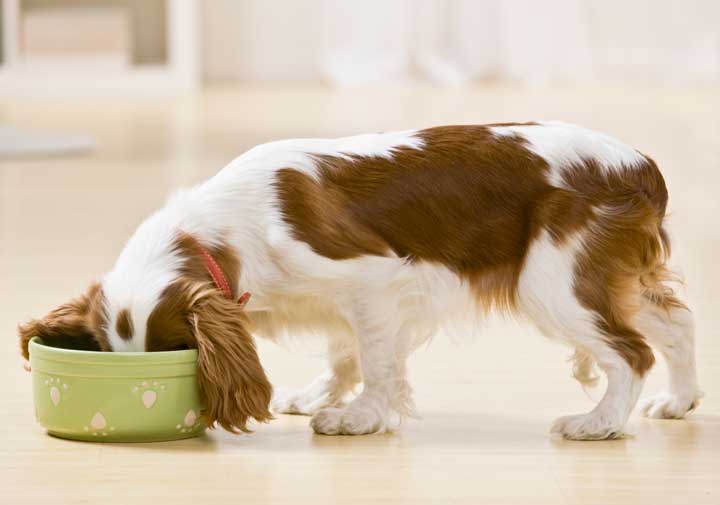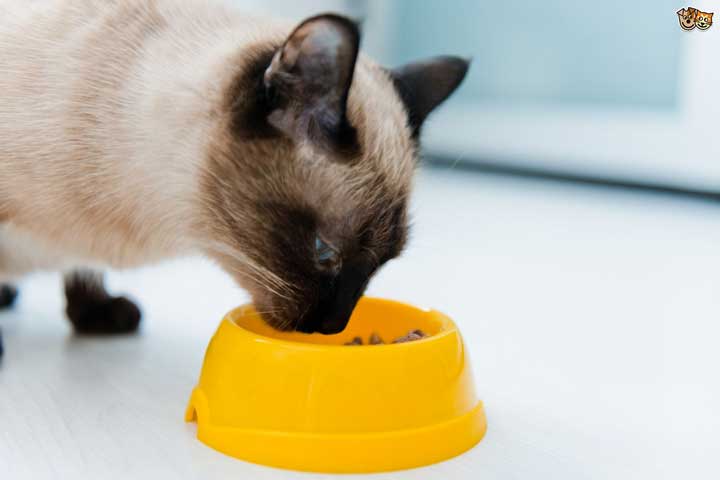Pets
This Is Why You Should Be Feeding Your Pet More During Winter
During winters, you may notice you food habits start to change. Even though you’re less active than you were during summer you find yourself eating more. The explanation for that is pretty simple; your body requires extra food to replace the energy it expends keeping you warm. Why, then would it be any different for animals?

If you’ve noticed your pet cat/dog/hamster behaving a little strangely when it comes to food – i.e jumping onto the table or getting super interested in dumpster heaps, don’t reprimand them. If it’s winter, the chances are that Fido is finding himself hungrier than normal, with no idea why and no means to communicate this need with you.
Why Animals’ Bodies Crave More Food In Winter
During winter, animals (humans included) use up more energy. Fat reserves as well as other sources of energy are tapped into by the body to keep itself warm. Additionally, it burns calories in activities like shivering.

These energy sources and calories therefore need to be replaced through eating a variety of protein and carbohydrate rich foods.
Research On Eating Habits
A study conducted by researchers at the University of Liverpool and the Royal Canine Research Centre in France supported this theory. The researchers studied the eating behaviour of 38 cats over a period of four years.
The researchers found, using quantitative data, that the cats ate about 15% less during summer than they did during winter.

The study author, Dr Alex German commented “cats, like many humans are more inclined to comfort eat when it’s cold outside but, in their case, it’s likely to be due to the extra energy they need to keep warm when out and about. People should consider the amount of food their cats need at different times of year as this can be part of helping them to maintain a healthy weight.”
The same can be said of other household pets like dogs, hamsters or even rabbits. Try offering your pets 15-25% more food during the winter and see whether you notice a change in his behaviour. Additionally, consult your vet who will be able to give you more recommendations based on the climate you’re in and your pet’s own case history.




















